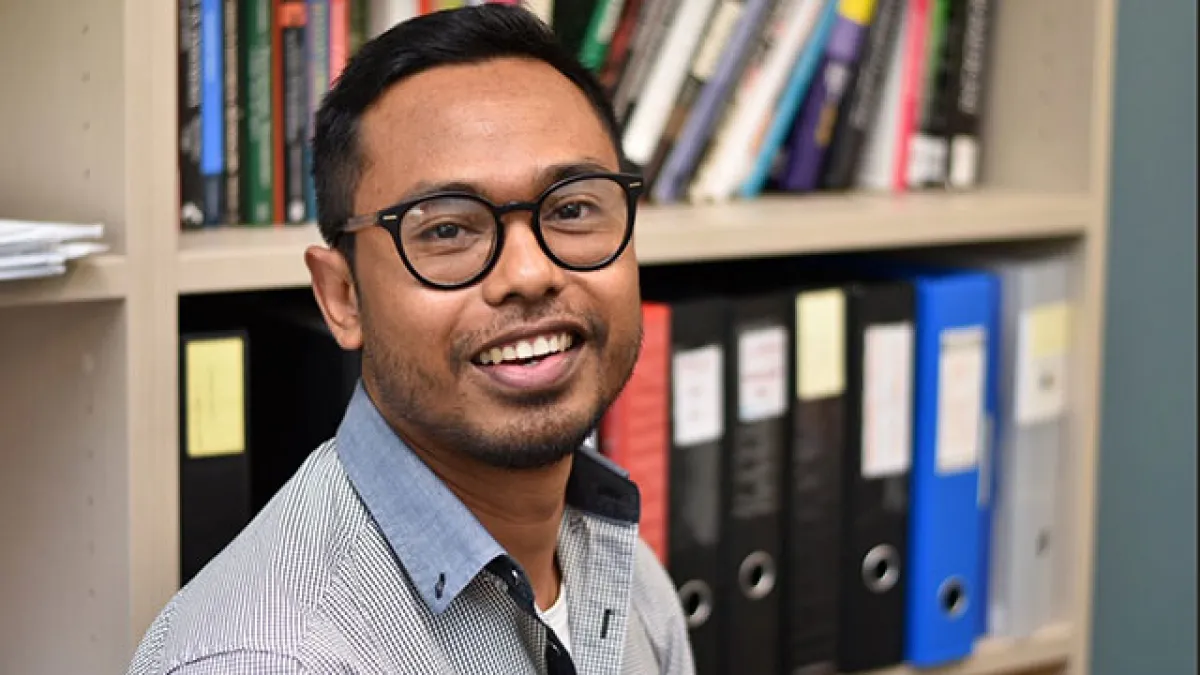Working towards levelling the playing field

In Indonesia, the overarching strategy for HIV control has shifted from emergency intervention to strengthening health system responses, however, there is still much work to be done to create more equitable access to essential HIV-related services for the under-privileged and marginalised groups such as the LGBTQ+ community.
Dr Nyoman Sutarsa, an Indonesian medical doctor who has 10 years of experience working on various HIV-related programs and research is working towards further understanding how to level the playing field for the minority groups and socio-economically challenged citizens of his nation by dissecting the power structures and struggles, and examining the players in the health system.
Sutarsa arrived at the ANU in July 2015 to achieve his PhD after being awarded the Indonesia Presidential Scholarship. This most prestigious HDR scholarship is awarded to the top 109 scholars of the country. Out of 109, only 21 are able to pursue a PhD degree, the other 88 can complete a Master degree or military training program. Scholars can only complete their degree at one of the top 50 universities in the world. ANU is fortunate that Sutarsa chose the Medical School. “I chose ANU because of the breadth of focus, including applied social sciences, offered within the Medical School and more specifically because of the exceptional insight and supervision I would gain from working with Professor Christine Phillips. I’ve also been fortunate to learn from many other academics including Professor Mahomed Patel, Dr Graham Fordham and Dr Devin Bowles.”
His PhD work, which he’ll submit in mid-July 2020, has shed some interesting insights into the power legacy that persists from the old structure inherited from the emergency responses to HIV-related services. In a nut shell, those with money and status will have access to better medication and healthcare than those who don’t. The other important finding from the research is health system strengthening (in the context of HIV prevention and treatment) in Indonesia is heavily directed by the political agenda of global actors. Sutarsa says “I would love to see health system reform in Indonesia heading towards equity-oriented health systems, resilient with minimal dependency from foreign economies.”
Now that Sutarsa has almost completed his thesis, the Medical School is looking forward to holding onto his expertise as he carries on his work as a lecturer in the Rural Clinical School and builds a strong research connection between the Medical School and Faculty of Medicine at Udayana University. “I hope to continue providing tangible contributions in the field of health systems and policy, especially knowledge and practice in low and middle income countries.”
